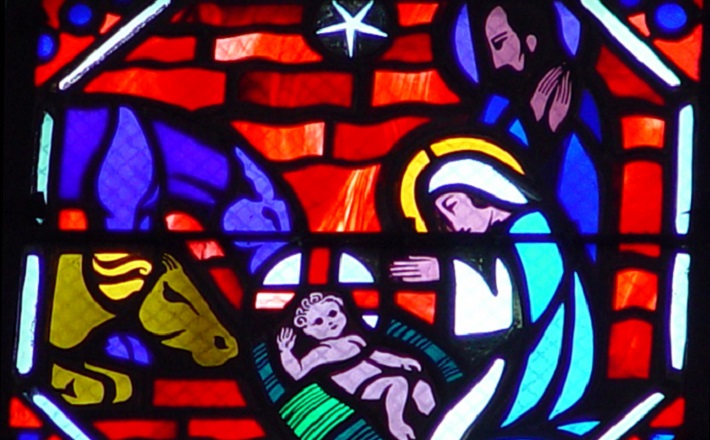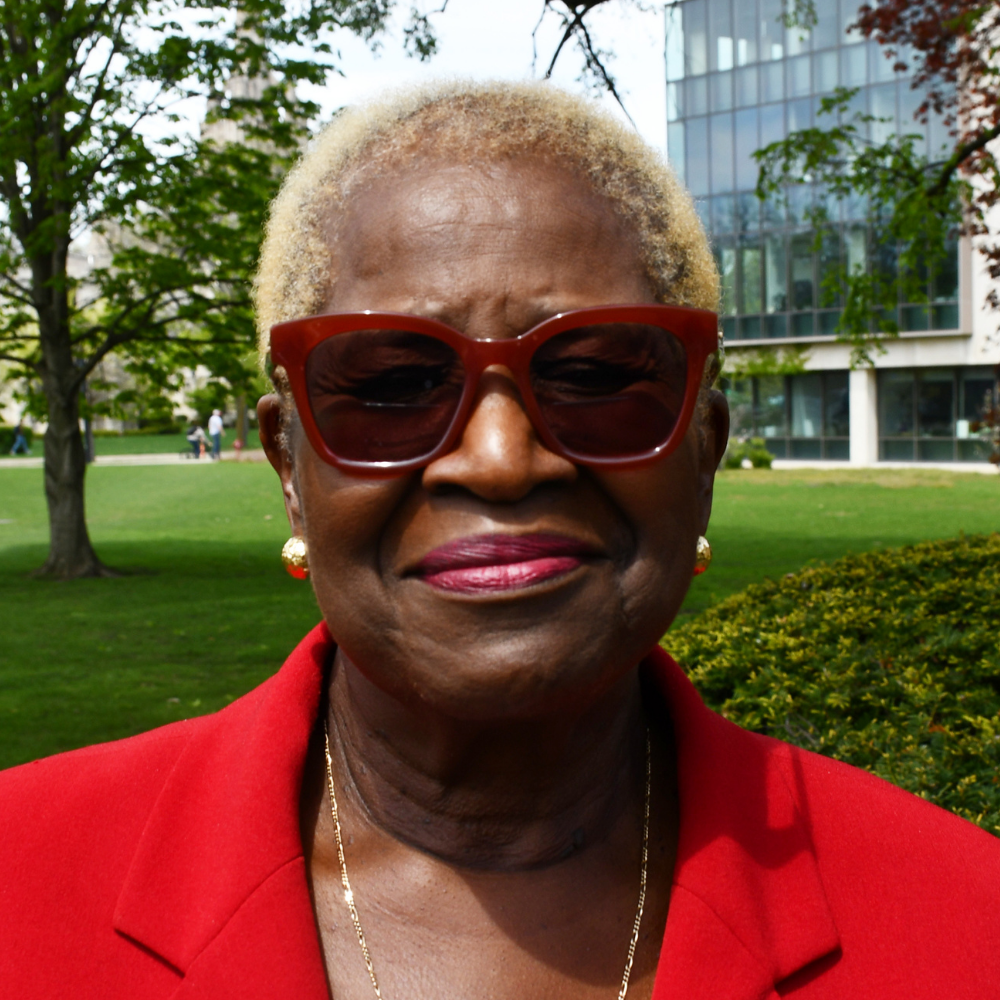Commentary on Isaiah 62:6-12
At first glance this seems a strange text for this high celebration of the church — the birth of our Savior.
Scholars describe it as a poem that celebrates the vindication of Jerusalem (Zion by another name) and the restoration that followed the return of the people from exile. But the tone of the opening verses of this pericope seems somewhat lacking in celebrative expression. Instead the text seems to offer a lament for an unfulfilled promise, rather that an acknowledgement of the fulfillment of a salvific promise. This text is attributed to the writer dubbed “Third Isaiah” by First Testament scholars, and it is believed to represent in part their disappointment that the promise and hope offered to a people in exile, starting with the announcement of good news (Isaiah 40) had not come to fruition. As such, this text is the cry of a people who have been left out from experiencing the promises that had brought great hope to a people in the midst of despair. They are still longing for the future glory that accompanies restoration and is the fulfillment of hope. But for them, their hope is not yet realized, theirs is hope unborn.
But this is Christmas day; Christ is born. The Savior of the world has come, so what need is there for “sentinels” to keep watch over the situation of God’s people and bring their situation to God’s attention. As Christians, on this day especially, we celebrate in faith that God has sent Jesus as Savior in answer to the spoken and unspoken cries of the people. Thus Isaiah’s poem speaks volume on this day of hope fulfilled in the birth of the baby Jesus to groups and individuals who also find themselves outside of the prosperity that seems to epitomize so much of the society. People of color, the poor, the immigrants, the homeless, the unemployed and under-employed, single parents, undocumented workers, are but a few of the groups to whom this text speaks a much-needed word of promise. Many stand forlorn outside the gates of prosperity touted by too many modern-day preachers. Worse still, they accept the blame heaped on them for not being worthy enough to experience the boundless grace of God. They stand outside the walls that have been constructed to keep them from claiming their share of the divine largesse that is available and free to all. And instead of joyful praise to God, who has already brought them the salvation they need, they are lost in the darkness of doubt and fear, and they are deaf to the eternal promises of the Holy One.
It is a sad fact that Christmas day is marked by a high incidence of suicides. Perhaps the light that we celebrate that has come into the world in the person of Jesus Christ is too bright and rather than dispel the darkness, serves only to make blaringly visible the sadness and pain that defines life for some. Children look forward to receiving gifts to warm their hearts, but for many not only are there no gifts, but there is no warmth anywhere and they shiver in the cold both physically and otherwise as they are the unceasing victims of oppression and injustice.
At a time in these United States where many find it easy to blame the “foreigners” for the economic ills that plague all but the very wealthy in society, this text presents a somewhat troublesome idea that seems to speak against their inclusion in the saving promise of God. It is too easy to misunderstand the prophet’s assurance that:
I (God) will not again give your grain to be food for your enemies, and foreigners shall not drink the wine for which you have labored.
Misinterpretation of this text may cause some preachers to use it to support the exclusion of groups that have already been marginalized. However, the opposite is true insofar as the historic meaning of this text has been understood. The prophetic community of Third Isaiah had been prevented from participating in the post-exilic prosperity by the priestly order and these words of promise are intended to be representative of full inclusion of all people in the divine promise.
The church as representative of the beloved community is called to full inclusion of all persons regardless of whatever aspect of their identity makes them foreign or causes them to be considered “other.” The message from the preacher of this text cannot be simply in praise of the fulfillment of this promise, of the glorious birth of the Savior of the world. There must be affirmation of the universality of that divine gift. The preacher must offer the assurance that God is indeed a present help to all in need; that the challenges of all people in this present world is as much of concern to God as was the pains and hardship encountered by the people of Israel in exile and as the post-exilic society.
On this day, we celebrate the good news of a savior to whom there is no “other.” The church is called to live in the faith of Jesus Christ, who is the fulfilment of God’s grace-filled promise. It is through this child, the incarnate word that salvation comes. Through the salvation he offers, all may experience the redemption that makes them “The Holy People.” Regardless of the situation that confronts us in the world, through the promised salvation, fulfilled in Jesus Christ, the child of Bethlehem, the text offers the assurance that salvation has come. It is Christmas Day and all can celebrate the salvation of God for the whole world.


December 25, 2015